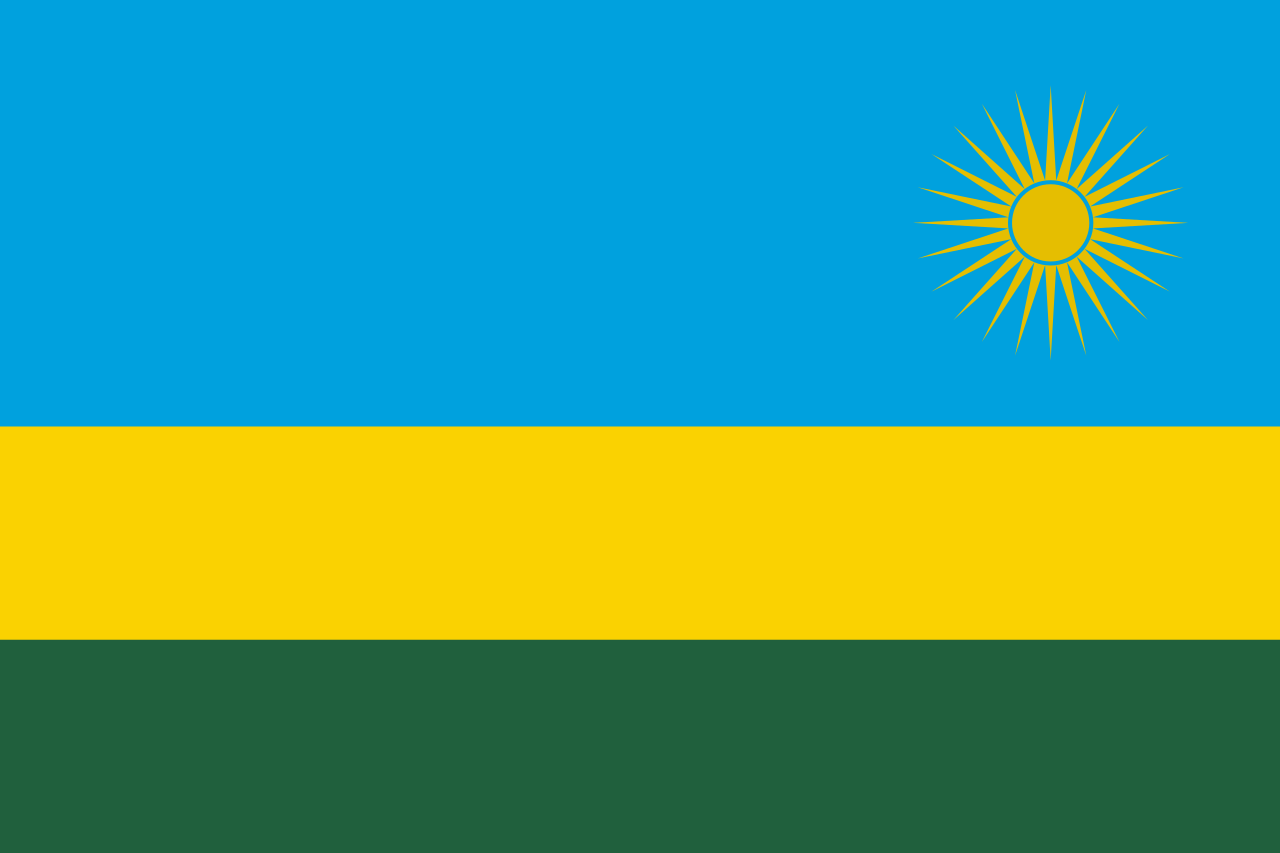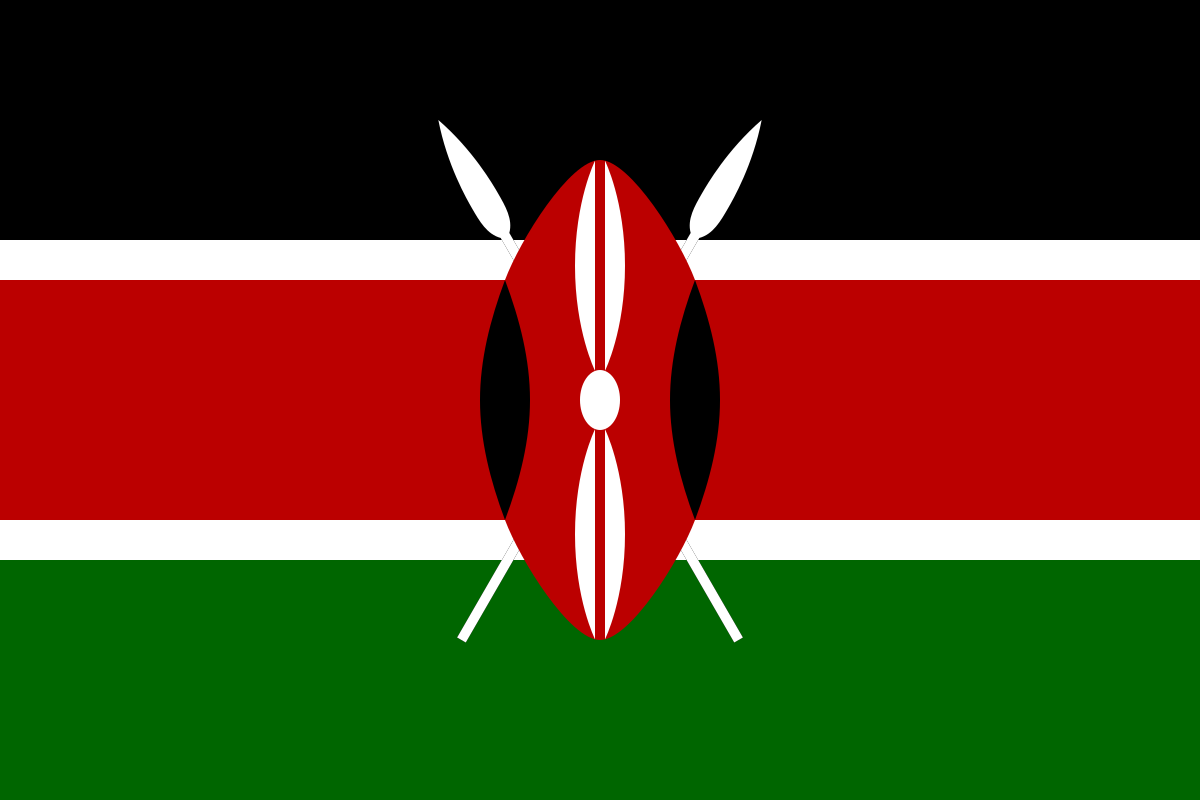The Republic of Niger has expelled eight Rwandans found to have been involved in the Genocide-related crimes that took place in Rwanda.
The affected persons were transferred by the UN Court which tried them for Genocide-related crimes. This comes just a month after they were welcomed in the capital Niamey.
The men were convicted of the 1994 Genocide against Tutsi and had completed their sentences or were acquitted, Bwisa reports.
According to a statement released on December 27, 2021, the Niger Ministry of Interior and Decentralization ordered the men to leave the country within seven days.
The ex-convicts are Protais Zigiranyirazo, Francois Nzuwonemeye, Innocent Sagahutu, Alphonse Nteziryayo, Tharcisse Muvunyi, André Ntagerura, Anatole Nsengiyumva and Prosper Mugiraneza.
The men are widely considered to be among the masterminds of the 1994 Genocide against the Tutsi.
After the conclusion of their cases, they remained in Arusha, Tanzania where the UN court was based.
Out of the eight names listed, four were reportedly convicted of crimes during the genocide by the UN International Criminal Tribunal for Rwanda (ICTR).
They are former prefect Alphonse Nteziryayo, ex-military intelligence head Anatole Nsengiyumva, and former army officers Tharcisse Muvunyi and Innocent Sagahutu, all of whom have served their sentences, ACP reports.
The expulsion comes after an inquiry made by the government of Rwanda to the UN Mechanism for International Criminal Tribunals (MICT) seeking clarification about circumstances under which the eight were transferred to Niger.
While addressing a UN Security Council meeting in New York in early December, Valentine Rugwabiza, Rwanda’s Permanent Representative to the United Nations, said that Rwanda had not been informed by either the MICT or the host country about the transfer of these Rwandan nationals.
She then pointed out that there is evidence that some of these individuals, after their acquittal by the former ICTR, have been engaging in subversive activities that contributed to the insecurity and instability of the Great Lakes Region for the past decades.
The individuals in question had for long been stuck in Arusha, the former seat of the ICTR, after many countries had refused to take them in, including those hosting their families.
However, Rwanda previously said they may come back home to their country if they so wish.
Meanwhile, according to AFP, on November 15, Niger signed an agreement with the UN to host nine Rwandans, the eight expelled as well as former Rwandan foreign minister Jerome Clement Bicamumpaka, who was also acquitted by the ICTR.
Around 800,000 people died between April and July 1994 in Rwanda as the extremist Hutu regime tried to wipe out the Tutsi minority, causing one of the 20th century’s biggest massacres. - Sahara Reporters









